15 Movies That Were Banned—And Why
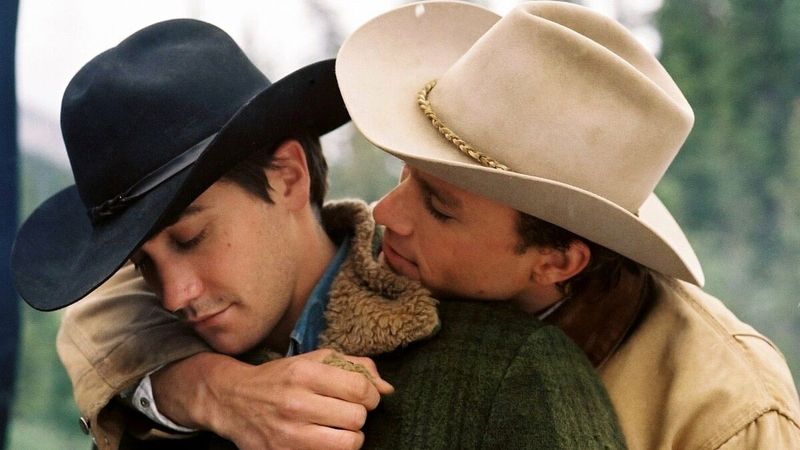
Throughout cinema history, certain movies have sparked outrage, controversy, and even government intervention. Whether for political reasons, graphic violence, sexual content, religious blasphemy, or perceived moral threats, many films have faced outright bans around the world. In this post, we dive into 15 movies that were banned—sometimes temporarily, sometimes permanently—and unpack the reasons behind the censorship. From cult classics to mainstream blockbusters, these titles prove that when it comes to storytelling, freedom of expression isn’t always guaranteed.
1. A Clockwork Orange (1971)
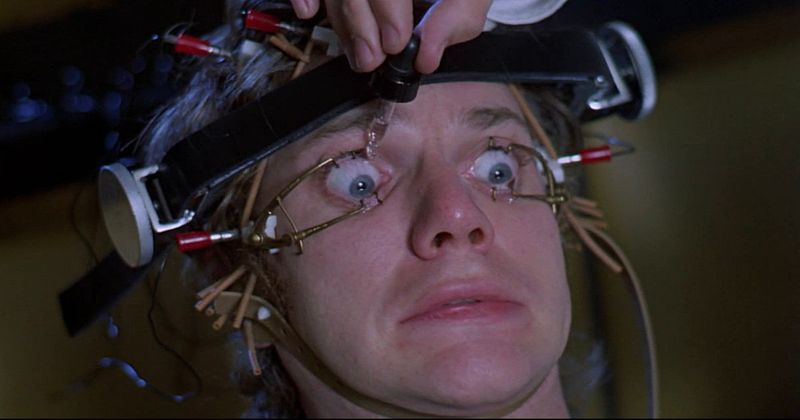
Stanley Kubrick’s dystopian tale was so unsettling that it vanished from the UK for nearly three decades. The film portrays a young man’s indulgence in extreme violence and forced rehabilitation, raising questions about morality, free will, and state control.
Following its release, real-life crimes resembling scenes from the movie began making headlines. Disturbed by this, Kubrick himself requested that the film be pulled from circulation in the UK. It wasn’t until after his death in 1999 that British audiences saw it again. The movie remains a powerful example of art’s impact on society—and its potential consequences.
2. The Exorcist (1973)
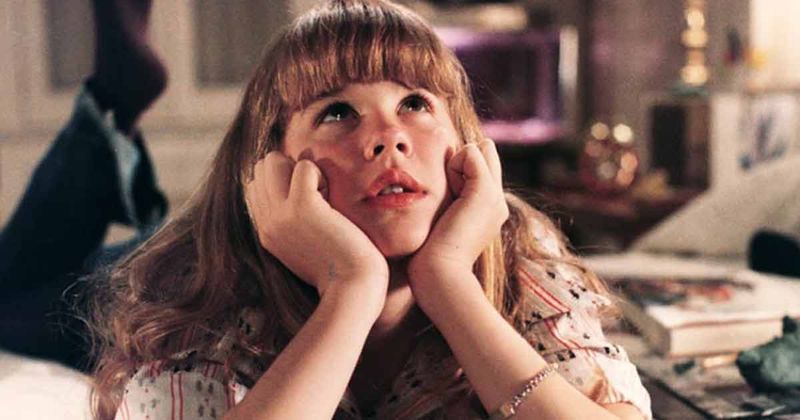
This horror classic terrified audiences around the globe with its shocking depiction of demonic possession. When a young girl becomes possessed by a malevolent spirit, her transformation includes disturbing profanity, violence, and sacrilegious imagery that rattled even the most seasoned viewers.
Some regions, including parts of the UK and Singapore, banned the film due to its psychological intensity and potential to traumatize. Many religious leaders condemned it as blasphemous. Despite—or perhaps because of—these reactions, The Exorcist gained massive popularity and is still hailed as one of the scariest movies ever made.
3. The Texas Chain Saw Massacre (1974)
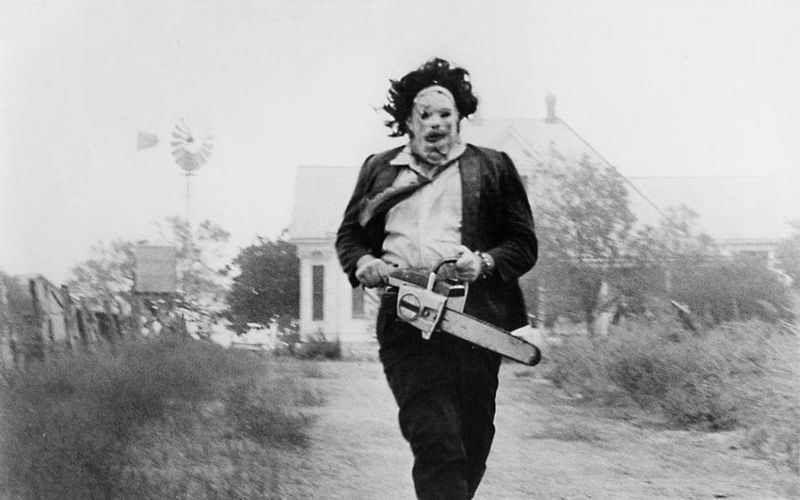
Despite its reputation for gore, this horror film shows surprisingly little actual blood. Still, its raw intensity, terrifying tone, and implication of graphic violence were enough to unsettle audiences and authorities alike.
Countries like the UK, Australia, and Germany imposed bans, citing concerns over its potential to incite violence and corrupt viewers. The film’s grainy, documentary-style realism made it feel all the more disturbing. Over time, it gained cult status and is now recognized as a pivotal moment in horror cinema.
4. Last Tango in Paris (1972)
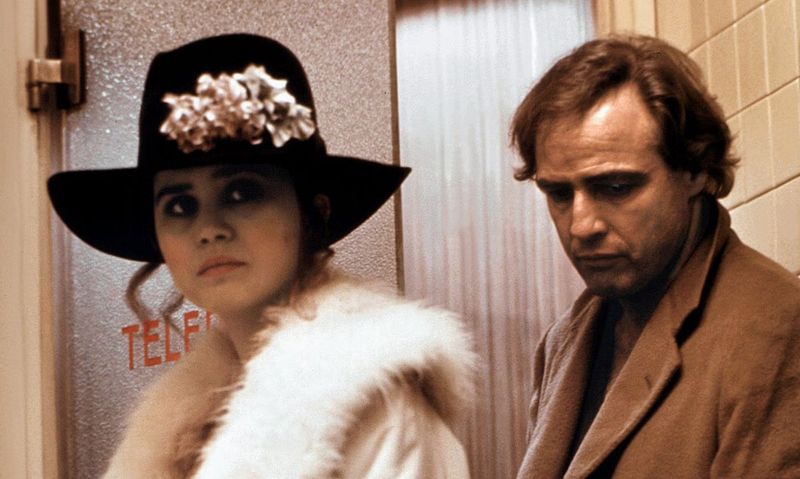
This controversial drama about a sexually charged relationship between two strangers shocked audiences with its raw, unfiltered portrayal of intimacy. But it was one specific scene involving non-consensual sex that pushed it beyond the pale.
Italy banned the film and even prosecuted its director, Bernardo Bertolucci, resulting in a suspended prison sentence and the film’s seizure. The controversy reignited decades later when details about the filming process revealed that the actress had not fully consented to the scene. Today, the film is both critiqued and studied for its ethical implications and artistic choices.
5. Monty Python’s Life of Brian (1979)
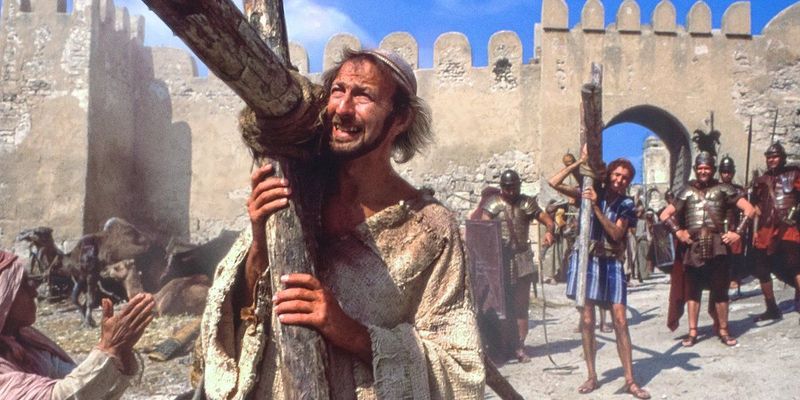
Religious satire is a delicate endeavor, and this film walked directly into the fire. The story of a man born on the same day as Jesus—who is mistakenly worshipped—was viewed by many as a mockery of Christianity.
It was banned in Ireland, Norway, and several towns in the UK. Some churches condemned it as blasphemous. Despite the backlash, the film became a cult favorite, often cited as a brilliant commentary on organized religion, mob mentality, and the absurdity of blind faith. The controversy only boosted its status as a comedic masterpiece.
6. Cannibal Holocaust (1980)
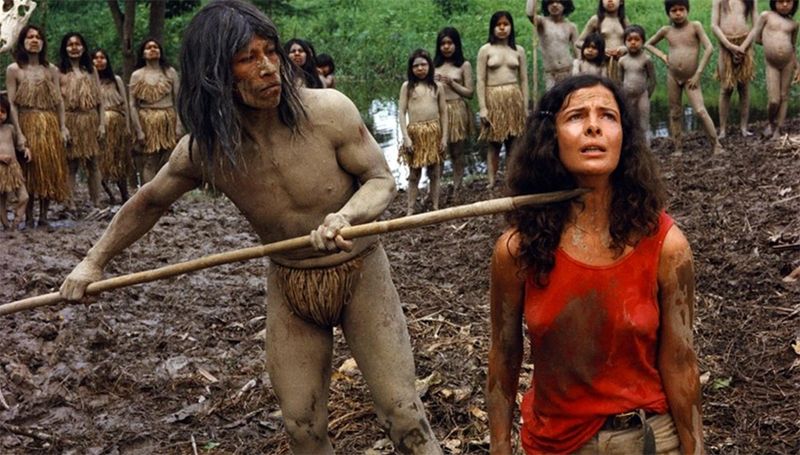
Few films have generated as much controversy as this one. Marketed as a “found footage” documentary, it follows a rescue team in the Amazon discovering brutal scenes of cannibalism and violence.
The movie’s hyper-realistic style led Italian authorities to believe it was a snuff film. The director was arrested until the actors were proven alive. The film was banned in over 50 countries due to its depictions of sexual violence, animal cruelty, and murder. While some hail it as groundbreaking, others consider it one of the most unethical films ever made.
7. The Interview (2014)
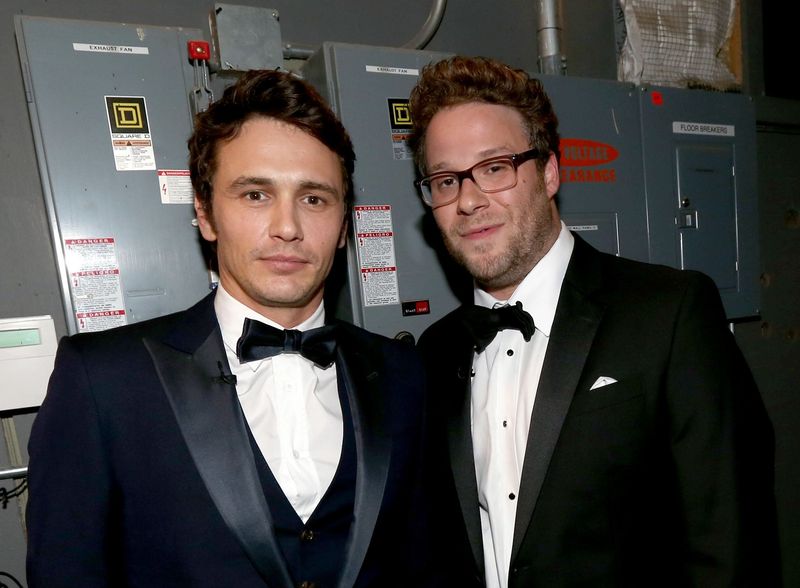
This political comedy centers on a fictional plot to assassinate North Korean leader Kim Jong-un. What began as satire quickly became a geopolitical crisis when North Korea threatened retaliation.
Hackers linked to the regime launched a cyberattack on Sony Pictures, resulting in leaked data and global tension. The movie was pulled from many theaters and only saw limited online release. North Korea, unsurprisingly, banned the film entirely. The incident raised new questions about censorship, free speech, and the influence of global politics on entertainment.
8. The Last Temptation of Christ (1988)
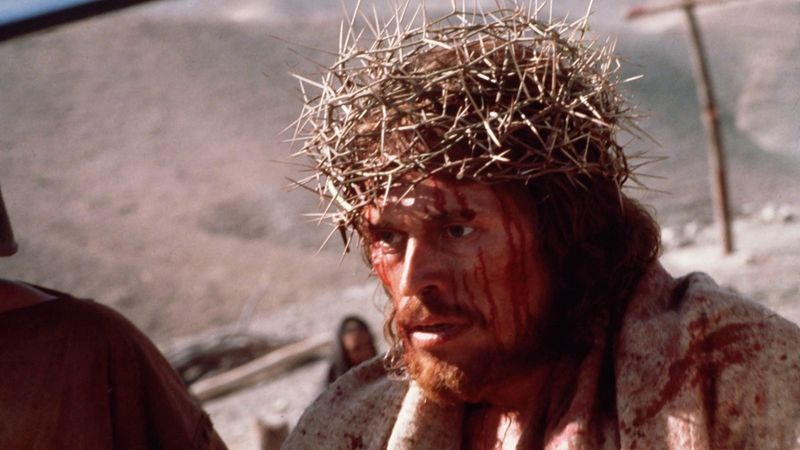
Director Martin Scorsese’s depiction of Jesus Christ as a man tempted by earthly desires—love, sex, and doubt—was met with outrage in several religious communities.
The film sparked violent protests, especially in countries like Greece and Turkey, where bans followed. In France, a theater showing the film was even firebombed. Christian groups accused the movie of heresy and sacrilege. Scorsese defended it as a deeply spiritual exploration of Christ’s humanity, but the backlash remains one of the most fervent in cinematic history.
9. Brokeback Mountain (2005)
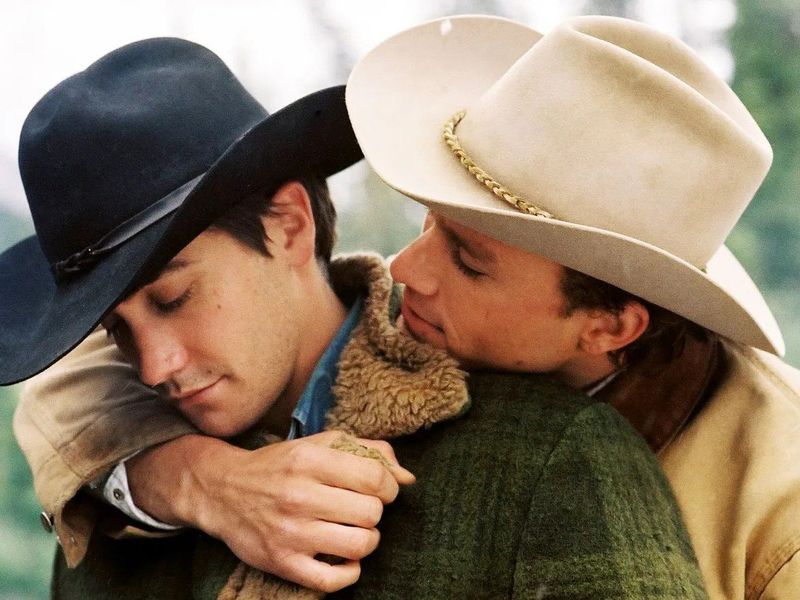
This emotionally charged story about a romantic relationship between two male cowboys broke new ground in LGBTQ+ representation. However, its reception was far from universally positive.
It was banned in China, the United Arab Emirates, and parts of the Middle East, where homosexuality remains taboo or even illegal. Despite the bans, the film received critical acclaim and won multiple awards. Its honest, heartbreaking portrayal of love and repression opened doors in cinema while also revealing how far some societies still have to go.
10. Persepolis (2007)
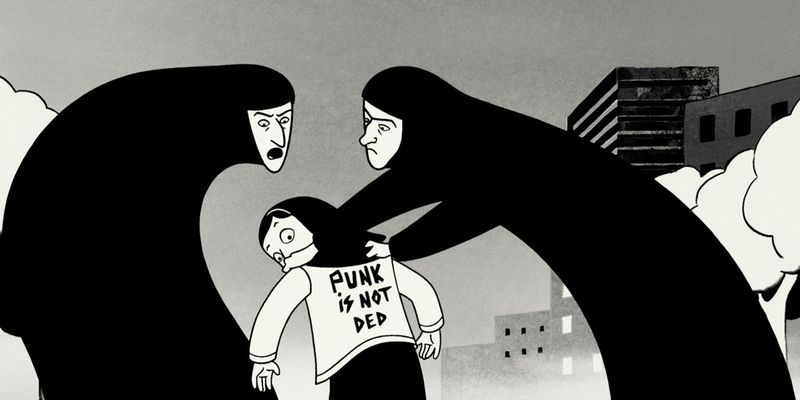
Based on Marjane Satrapi’s graphic novel, this animated film explores a girl’s coming-of-age during and after the Iranian Revolution. Its critical stance toward Iran’s regime didn’t sit well with authorities.
The film was banned in Iran outright and faced protests in Lebanon from Shiite groups. Still, it resonated with international audiences for its bold storytelling and autobiographical insight into life under authoritarian rule. The ban ironically gave it more exposure, as censorship often does, and helped amplify the voices of those it represented.
11. The Da Vinci Code (2006)
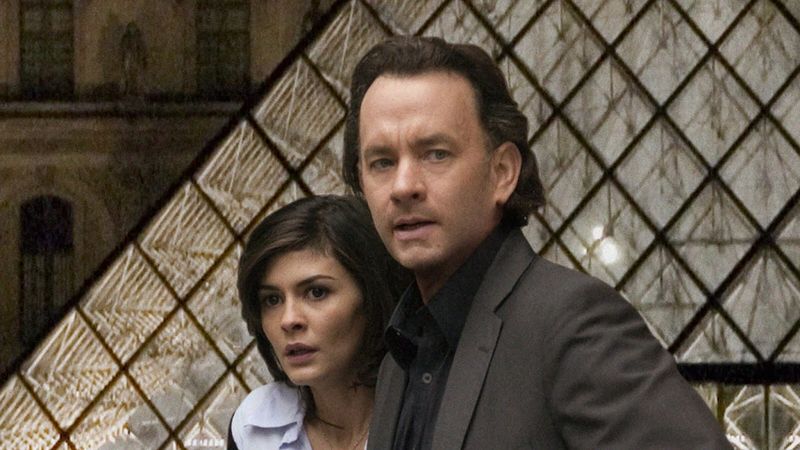
Dan Brown’s bestselling novel made waves, and the film adaptation stirred the pot even more. It presented the idea that Jesus had a child with Mary Magdalene—an idea that enraged many Christians.
Lebanon banned the movie outright, and the Vatican strongly denounced it. Protests erupted in multiple countries where Catholic populations demanded the film be pulled from theaters. Despite the controversy, The Da Vinci Code was a box office hit. The ban only deepened the public’s fascination with its central theory.
12. The Evil Dead (1981)
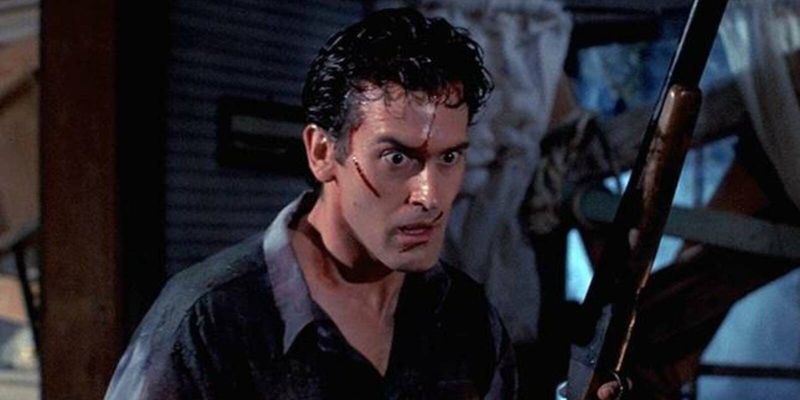
Sam Raimi’s low-budget horror classic was a pioneer of the “cabin in the woods” genre. Its grotesque visuals and supernatural gore were too much for some governments.
In Germany and the UK, it was banned or heavily censored as part of the “video nasties” crackdown of the 1980s. Critics called it depraved and excessive, though fans loved its creative use of practical effects and dark humor. The backlash ultimately gave The Evil Dead a legendary status in horror circles.
13. Battle Royale (2000)
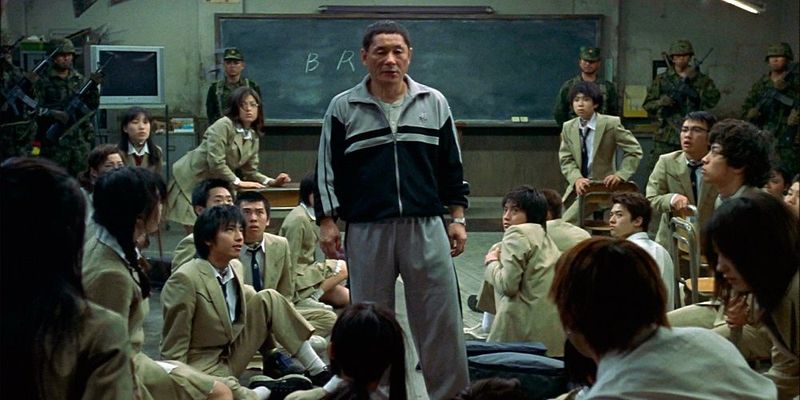
Years before The Hunger Games, this Japanese thriller depicted a brutal competition where students were forced to kill each other until one remained. The film was a scathing critique of societal pressure and authority.
Because of its violent premise involving teenagers, it was banned or delayed in several countries. Critics worried it glorified violence and desensitized young viewers. Despite the ban, the film gained cult acclaim and influenced an entire generation of dystopian stories.
14. Fifty Shades of Grey (2015)
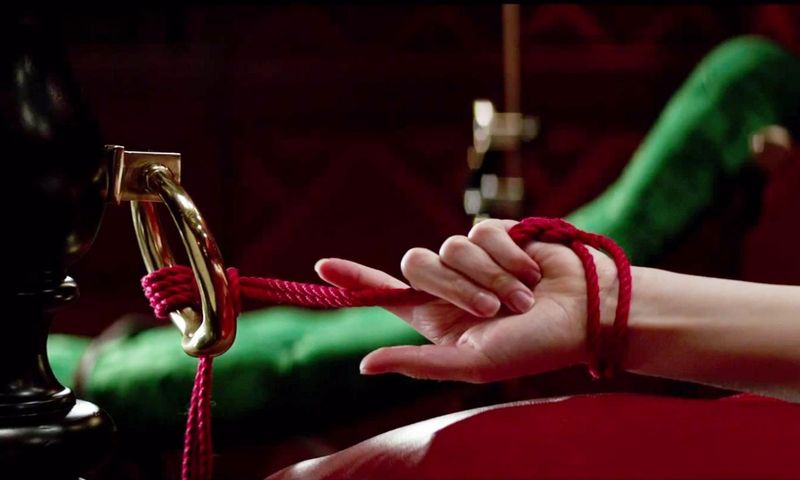
Adapted from the bestselling erotic novel, this film’s BDSM-themed romance between a college student and a wealthy businessman was bound to attract attention—and backlash.
Indonesia, Malaysia, and several Middle Eastern nations banned the movie due to moral and religious objections. Critics slammed it for glamorizing unhealthy relationship dynamics, while fans defended its sexual empowerment themes. The controversy helped fuel its popularity, with millions flocking to see what the fuss was about.
15. South Park: Bigger, Longer & Uncut (1999)
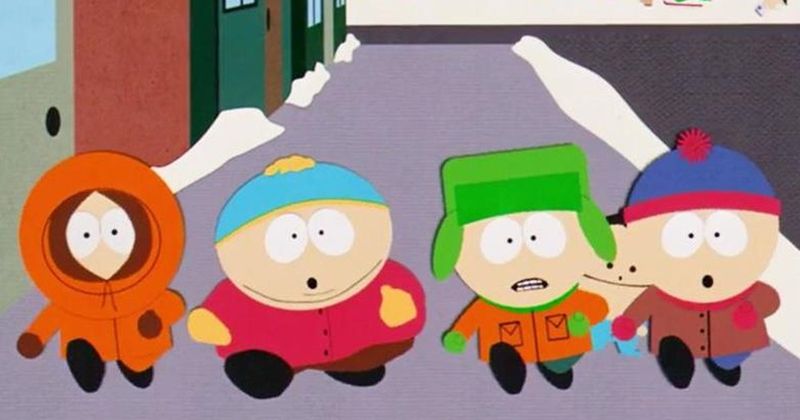
True to the show’s spirit, this film pulled no punches. It skewered politics, religion, and censorship—all while using profanity in nearly every sentence.
Countries like Iraq, Kuwait, and several Muslim-majority nations banned the film entirely. Its unapologetic approach to satire made it a lightning rod for controversy. Still, it was a hit with fans who appreciated its audacity. Even decades later, it remains a defining example of how far animated comedy can—and will—go.

Comments
Loading…